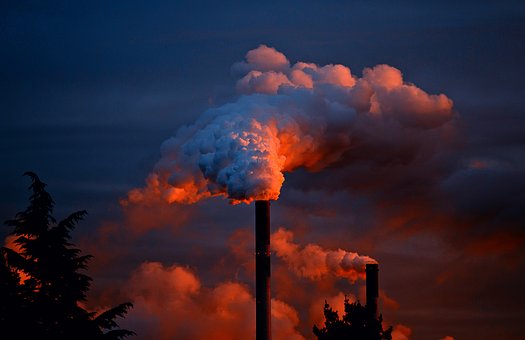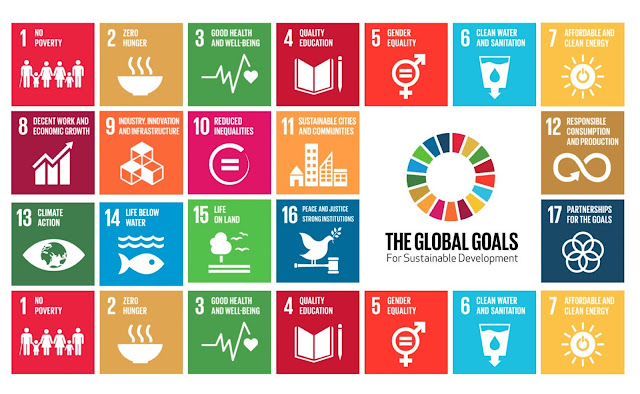Discover practical remedies to combat various types of pollution such as air pollution, water pollution, plastic pollution, and more. Adopt an organic lifestyle, minimize plastic usage, protect natural resources, and advocate for stricter laws to minimize pollution. Learn how to tackle the challenge of pollution and reduce its harmful impacts for a healthier and sustainable environment.
Pollution: Understanding Environmental Degradation and Effective Remedies
Pollution poses a grave threat to our environment, with various types of pollution wreaking havoc on ecosystems worldwide. From air pollution and water pollution to plastic pollution, light pollution, noise pollution, thermal and visual pollution, soil and radioactive contamination, and litter, each type contributes to environmental degradation. Alarming statistics from the World Health Organization (WHO) reveal that air pollution alone causes approximately 3.8 million deaths and over 7 million premature deaths annually worldwide. Moreover, an estimated 2.6 billion people suffer from household air pollution, leading to a rise in respiratory and cardiovascular diseases, as well as cancer diagnoses.
To combat the deadly effects of pollution, we must take immediate action and implement effective remedies. Here are some practical steps that can significantly contribute to reducing pollution and safeguarding the environment:
- Adopt an organic lifestyle: Embrace organic practices in your daily life, from choosing organic food products to using eco-friendly cleaning products and personal care items. By opting for organic alternatives, we can minimize the release of harmful chemicals into the environment.
- Minimize plastic usage: Reduce your reliance on plastic by making conscious choices in your everyday routine. Carry reusable bags, water bottles, and coffee cups, and choose products with minimal or no plastic packaging. By reducing plastic consumption, we can curb plastic pollution, which poses a severe threat to marine life and ecosystems.
- Shift to organic fertilizers: Encourage the use of organic fertilizers in agriculture instead of artificially made fertilizers. Organic farming practices promote healthier soil and reduce the contamination of water resources caused by chemical runoff.
- Protect trees, plants, and jungles: Trees and plants play a vital role in combating pollution by absorbing carbon dioxide and releasing oxygen. Support initiatives that promote afforestation and conservation efforts to preserve our natural habitats.
- Embrace digitalization and reduce paper usage: Minimize paper consumption by shifting towards digital solutions for communication, documentation, and storage. This reduces the demand for paper and helps conserve forests, which act as carbon sinks.
- Reduce consumption of harmful chemicals: Decrease your consumption of petrol, electricity, coal, gas, plastic, and other artificially synthetic chemicals. Opt for energy-efficient appliances, renewable energy sources, and sustainable alternatives to reduce your ecological footprint.
- Reuse organic waste: Convert the organic waste generated in your household into organic fertilizer through composting. This not only reduces waste but also provides nutrient-rich soil amendments for gardening and farming.
- Preserve and protect water resources: Conserve water by adopting efficient water management practices. Repair leaks, harvest rainwater, and prioritize responsible water usage to safeguard this precious resource.
- Reuse water: Reuse water within your household, particularly in the kitchen, to minimize water wastage. Employ techniques such as greywater recycling for irrigation purposes, reducing the strain on freshwater supplies.
- Advocate for stricter pollution control laws: Encourage the implementation of strict laws and regulations for industries and factories to minimize pollution. Stronger enforcement and monitoring can ensure that businesses adopt sustainable practices and minimize their environmental impact.
- Harness modern technology: Explore innovative solutions to convert noise pollution and thermal pollution into usable energy through modern technologies. This can help mitigate pollution while simultaneously generating clean and sustainable power.
- Preserve marine life: Take immediate steps to protect marine life, recognizing its importance as a significant source of food for future generations. Support initiatives such as the “CLEAR BOAT” technique, which aims to remove plastic waste from oceans and save marine ecosystems.
- Embrace sustainable architecture: Design houses and offices that maximize the use of fresh air and natural sunlight, reducing the reliance on artificial lighting and ventilation. This not only minimizes electricity demand but also promotes a healthier and more eco-friendly living environment.
- Address radioactive contamination: Effective measures to minimize radioactive contamination require strong state policies and international cooperation. Countries worldwide must work together to reduce tensions and the fear of atomic war, ensuring the safety of nuclear facilities and preventing radioactive leaks.
These are just a few steps we can take to reduce pollution and mitigate its harmful impacts. Each individual’s contribution counts, and by collectively tackling the giant of pollution, we can create a healthier, cleaner, and more sustainable future for generations to come.











One Comment